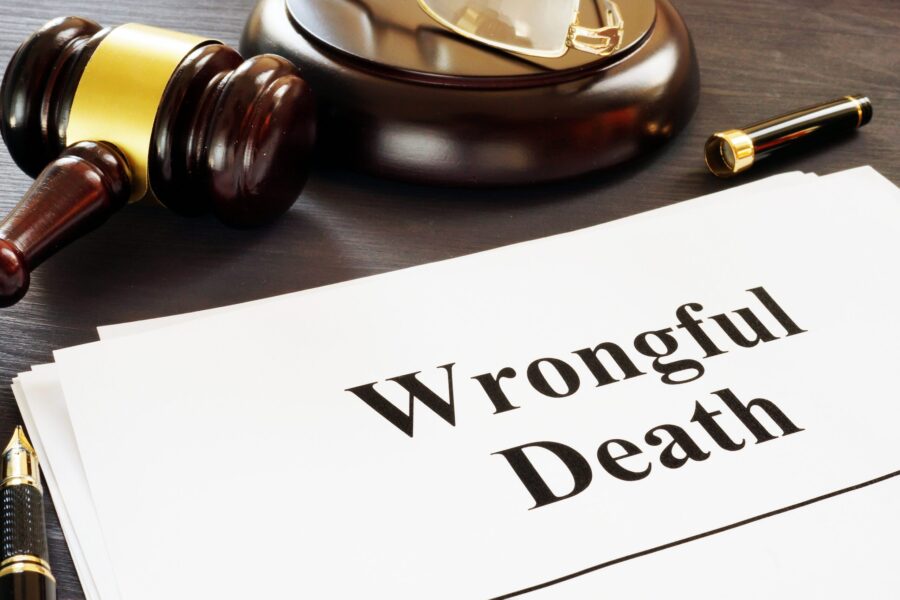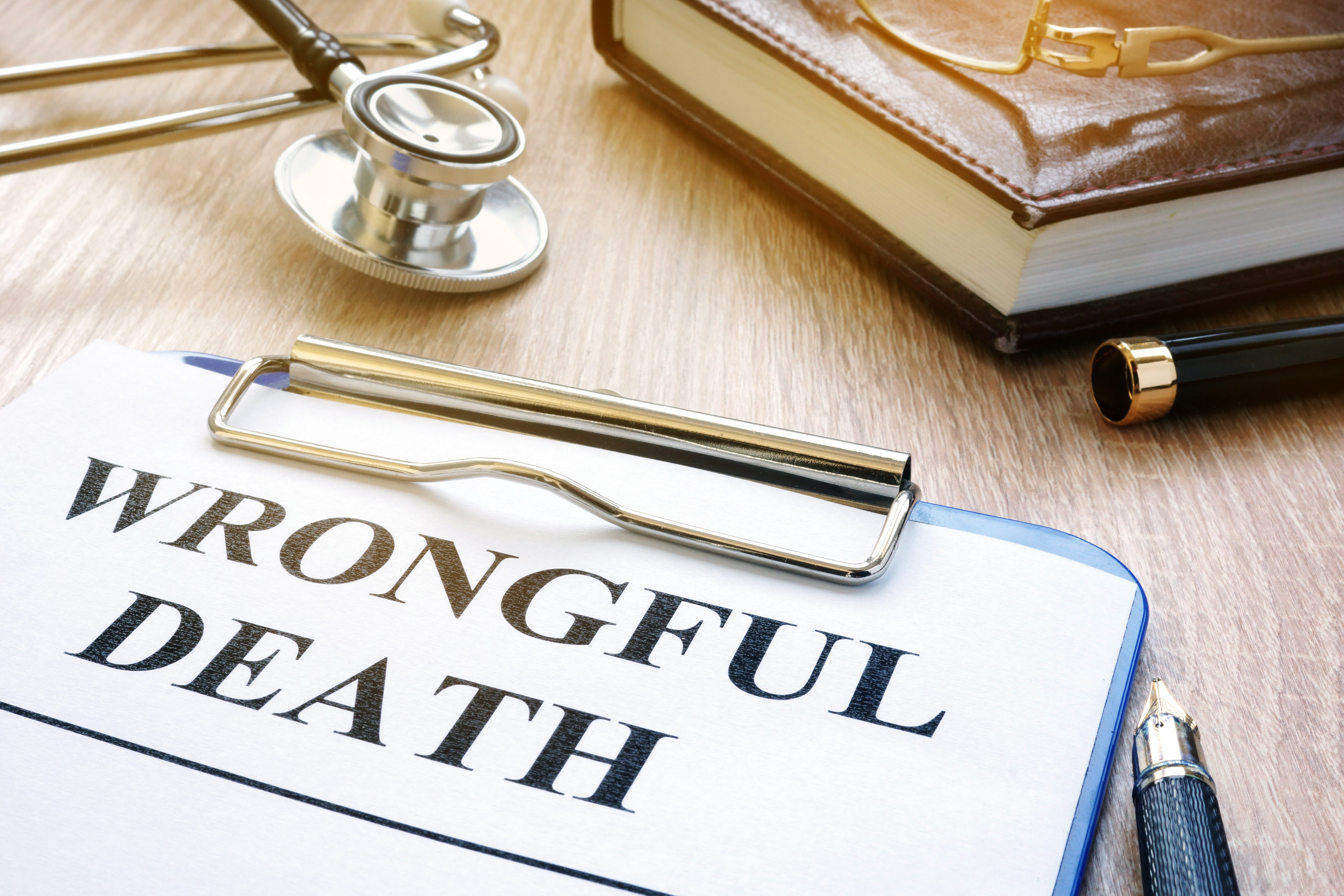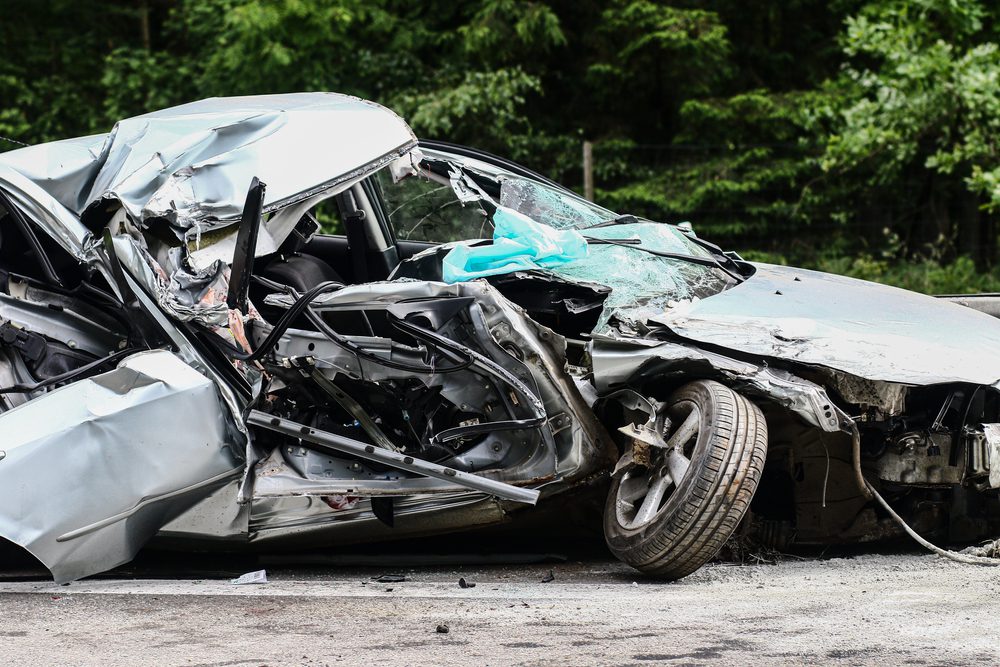Proving Negligence in a Wrongful Death Case: Key Considerations


The loss of a loved one due to the carelessness or misconduct of another is a tragedy that no compensation can truly remedy. Yet, within such heartbreaking circumstances, the pursuit of justice through a wrongful death claim becomes imperative for many families. Understanding the intricate process of proving negligence is pivotal for those seeking vindication and closure.
Introduction
Wrongful death claims are a legal avenue for the families of deceased individuals to pursue compensations for losses due to another party’s actions. Establishing negligence – the failure to take proper care – is at the crux of such cases. This requires a comprehensive understanding of what constitutes ‘negligence’ in the eyes of the law and the steps necessary to prove it in court.
Understanding Negligence
In the realm of wrongful death, negligence is proven when it can be established that a reasonable person would not have acted or failed to act in the way that the defendant did. There are four elements that must be addressed to prove negligence:
Duty of Care
The plaintiff must show that the defendant owed a duty of care to the deceased. This is frequently the easiest element to establish, as there are certain duties that are universally expected, such as following traffic laws or medical standards.
Breach of Duty
Once a duty of care has been established, the plaintiff must then demonstrate that the defendant breached this duty through action or inaction. This can be more challenging and often requires substantial evidence showing the failure to meet the standard of care.
Causation
It must be proven that the defendant’s breach of duty directly caused the death. In the legal sense, causation can be complex and may involve untangling comorbidities or the actions of third parties.
Damages
Finally, the plaintiff must show that they have experienced measurable damages as a result of the defendant’s actions, such as loss of financial support, emotional distress, or funeral expenses.
Gathering Evidence
In a wrongful death case, the strength of one’s evidence can make or break a claim. Thorough documentation – from police reports to medical records – is crucial, as is the testimony of eyewitnesses.
Importance of Documentation
Every detail matters. Consistent and complete documentation can significantly bolster a case. Gathering evidence should be done as soon as possible, preserving materials that might decay with time.
Eyewitness Testimony
Eyewitnesses provide invaluable accounts of the events leading to the death. Their perspectives can corroborate or contradict the plaintiff’s version, making their testimony critical to proving negligence.
Expert Testimony
Experts in various fields are often called upon to provide factual analysis and evaluation of evidence. For instance, a medical expert might be pivotal in proving that a physician’s actions were negligent and directly led to the patient’s death.
Legal Precedents and Case Studies
Studying past negligence cases can offer insights into what has constituted a breach of duty and how that may be proven. By examining successful claims, one can better understand the nuances of proving negligence in wrongful death cases.
Relevant Legal Cases
Analyzing notable cases where negligence was successfully argued can give a clearer picture of the standard of proof required in different scenarios. Case law serves as a guide for what can constitute a breach of duty.
Learning from Success
Discovering patterns in cases where negligence was proven can be instructive. It’s often the thoroughness and creativity in evidence gathering, especially with difficult-to-prove actions or inactions, that lead to successful outcomes.
Working with Henrico Virginia Personal Injury Lawyers
In the pursuit of a wrongful death claim, an experienced attorney is an invaluable asset. A proficient lawyer can guide the plaintiff through the complexities of the legal system and ensure that the case is thoroughly and competently prepared.
The Role of Legal Professionals
Attorneys play multifaceted roles in proving negligence. They interpret the law, build the case, negotiate with insurance companies, and represent the plaintiff in court. A skilled attorney can anticipate the defenses of the defendant and prepare accordingly.
Choosing the Right Attorney
Selecting a lawyer who specializes in wrongful death claims and personal injury law is essential. The track record, experience, and strategy of the attorney can significantly affect the outcome of the case.
Richmond Personal Injury Lawyer
The pathway to proving negligence in a wrongful death case is arduous and requires considerable attention to detail. From gathering irrefutable evidence to understanding the nuances of case law, every step must be meticulously thought-out and executed. By working hand-in-hand with legal professionals who champion their cause, plaintiffs can enhance their chances of holding the negligent accountable and gaining the restitution they deserve.
If you or a loved one is in the heartrending position of considering a wrongful death claim, do not hesitate. Seeking the legal guidance of The Johnson Injury Firm can provide clarity and direction. Validate your pursuit for justice by scheduling a consultation today. Call 804-262-9000 to take the first step towards a well-planned, strategic approach to proving negligence in your wrongful death case.







